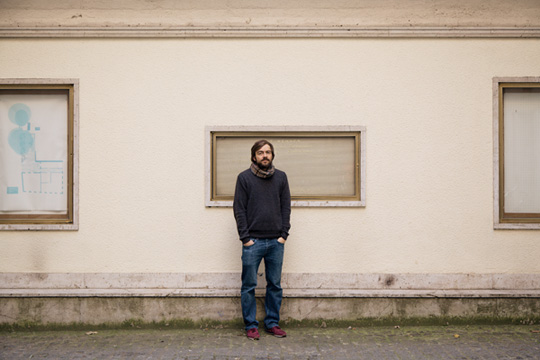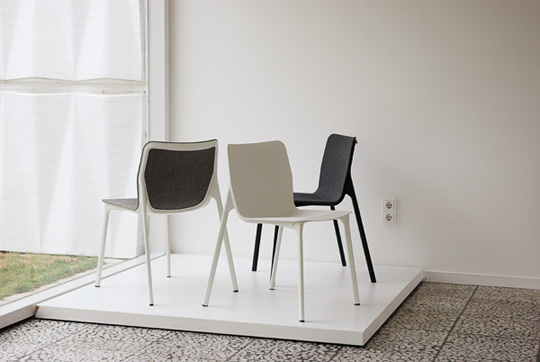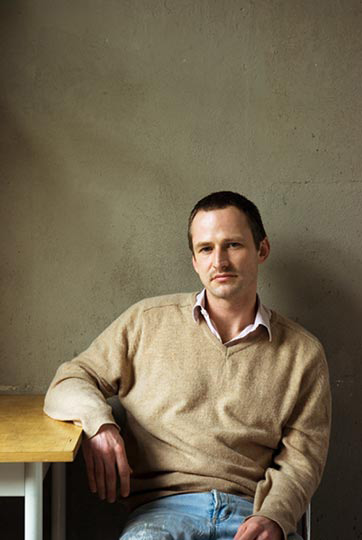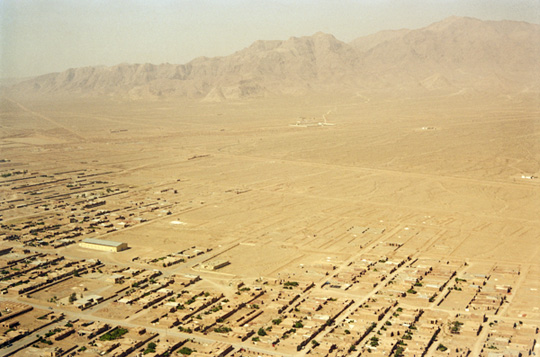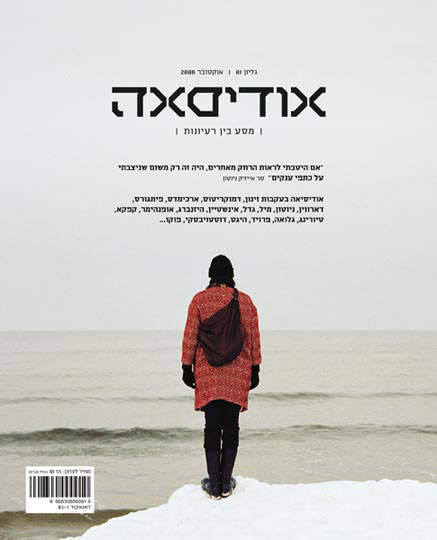Iranian Roses
Editorial / 2008 / Kerman
Published in
Port / London
Mr Homayoun Sanati was an extraordinary man: having started his career as a trader in his hometown of Kerman in central Iran, he started translating American school books into Farsi, which eventually not only made him the owner of the largest publishing house in Iran, but also earned him five years in prison after the revolution on charges of espionage for the US. In the meantime, Sanati had inherited acres of barren land nearby, which even without any knowledge of agriculture he was determined to use for finding an alternative to the ubiquitous farming of opium - poppy seeds being one of the few plants to grow in the harsh climate. Eventually, Sanati began growing hybrid roses to strict biodynamic standards and to great success: 20 years later, after initial resistance of the neughbouring farmers, Sanati's Zahra Rosewater Company has turned around the entire valley from growing opium to harvesting roses, which are then on site distilled into rose essence for use in cosmetics, food and spices. Mr Homayoun Sanati died in 2009, leaving behind his hometown of Kerman a significantly better place than before.
1 / 20
